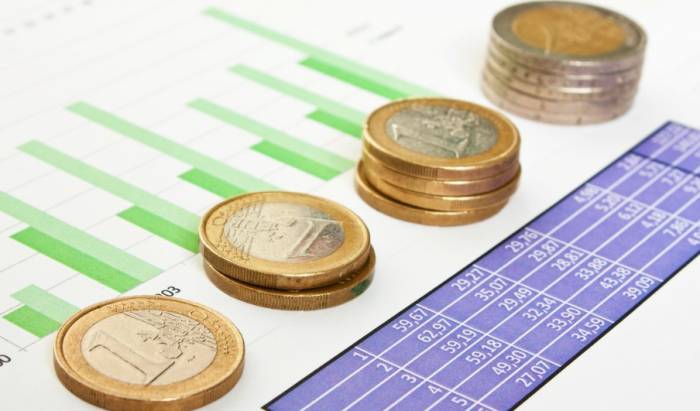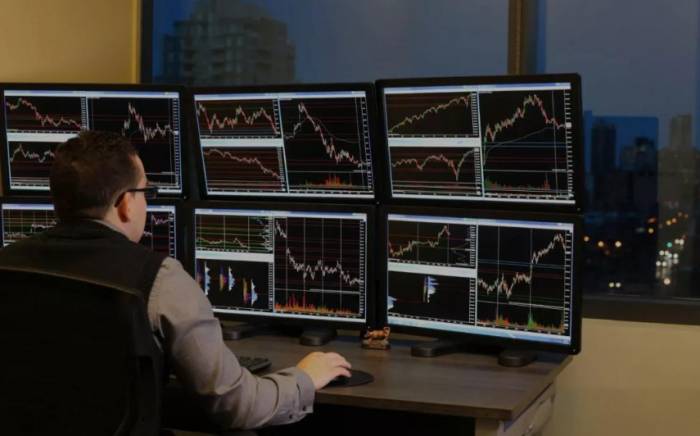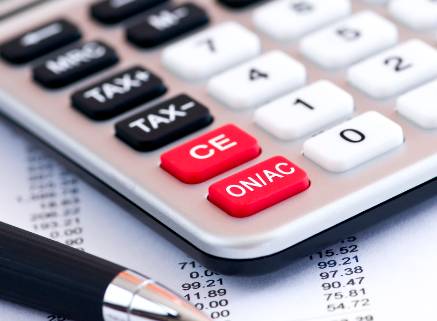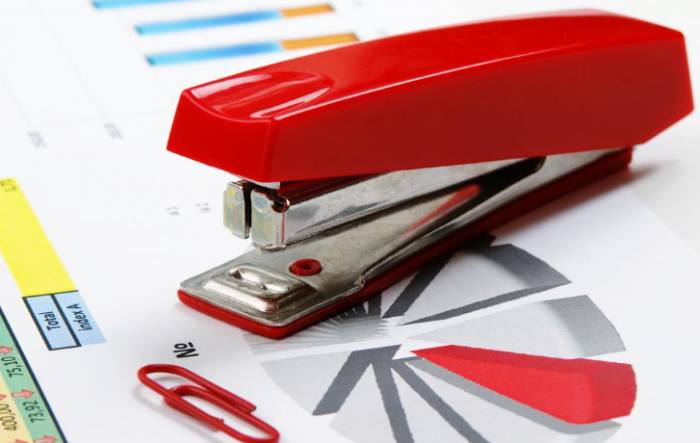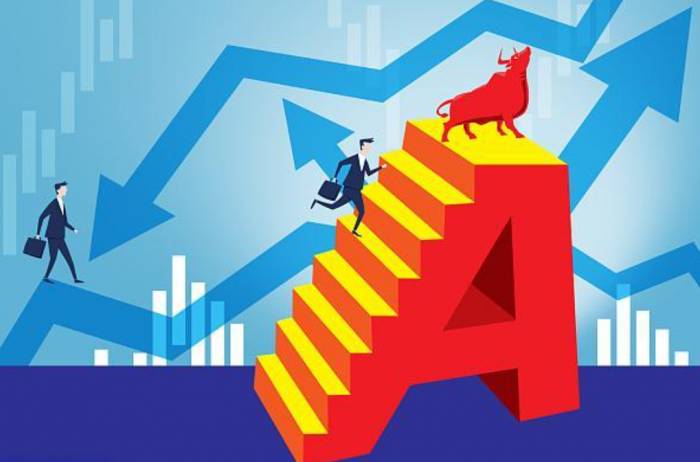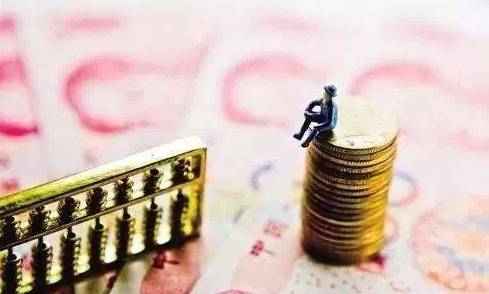This is a great question. Many people, when they first start trading, think about how to spend the money they've made, without considering what to do if they happen to lose money. It was the same for me in the early days of trading; I thought the financial market was like an ATM for me, and making money from trading was too easy. After just a few months of trading, I started researching how to order a Ferrari.
In fact, it's not difficult to make a profit in trading for a short period of time, as most people have experienced making profits. However, achieving long-term and stable profits is indeed very challenging.
From my own experience of over a decade in trading, there are three main difficulties in trading:
1. Self-learning is difficult
2. Building a trading system is difficult
3. Consistently executing is difficult
1. Where does the difficulty of learning lie?
If we understand trading as a job and a trader as a profession, then to do well in any profession, we need to have skills that match it, and trading is no exception. For example, if you want to make money as a chef but can't even tell sugar from salt, the possibility of making money is essentially zero.
There is a lot to learn in trading.
For instance, the basic knowledge of the trading market, trading rules, product knowledge, and the rules for using trading software, etc., are all fundamental things that need to be thoroughly mastered.This is just the foundation, followed by the need to learn knowledge in the field of technical analysis, such as the principles and methods of using technical indicators, the theory of trends, the theory of trading systems, and so on.
There is still a lot to learn, but there is no school specifically for training in trading. Although the internet is now very advanced, this knowledge is also very fragmented, and it requires the trader's ability to summarize and conclude, as well as the ability to discern information.
Learning, like losing weight, goes against human nature. The laziness of many people is deeply ingrained, and just this basic first step can eliminate the vast majority of people.
Moreover, in trading, whether it is futures, stocks, or foreign exchange, the threshold for entering the market is very low, and the capital requirements are not high. Therefore, many people start very hastily, and it is only when they lose money that they think of learning. But at this time, many people's mentality has changed, becoming very impatient, without the patience to learn calmly. So they start learning while doing, becoming more and more impatient, and entering a vicious cycle.
2. Where is the difficulty in building a trading system?
Building a trading system is not difficult, but it is very tedious, and many people fall on the "fear of trouble" and "lack of patience."
At the beginning, they first learn about indicators, use indicators to combine them according to the framework of the trading system, and form a prototype of a trading system. Then, take this prototype to do historical backtesting, testing the profitability of this trading system in decades of historical market trends.
Is it OK after backtesting verification? No, we also need to consider the executability of the trading system, such as the frequency of trading, the rate of consecutive errors, the holding period, and so on. There will be no feeling during the simulation test, but once you go to the actual battle, you will find that these issues become very important, even affecting your final trading results.
This is also why I have always emphasized the importance of patience in trading, because basically not many people can complete this process thoroughly, and this is the watershed of trading profits. I used to think that the road of trading should be very crowded, but when I spent a lot of time improving my own trading system, I found that there was no one around. Doing this well is of great help in achieving stable profits.3. Adhering to the execution is also very challenging.
Even with a trading system in place, the ability to execute is a significant hurdle for traders.
For instance, when your trading system encounters a period of decline and your account keeps experiencing drawdowns and losses, many people become quite depressed, and may even feel fearful, worrying whether there is an issue with the system, hesitating over whether to stop trading, and so on. Some individuals might even give up on the trading system altogether and start chasing gains and selling off on a whim, which ultimately leads to further losses.
Some personalities are prone to becoming arrogant when trades are profitable, easily getting carried away with the belief that their system is unbeatable. They then begin to increase their positions and arbitrarily alter their trading plans, only to face a non-cooperative market that results in severe losses.
Experienced traders understand that a fleeting thought in the mind or a minor change in the trading plan can lead to an irreversible outcome.
I often discuss that in trading, one must always respect the market and maintain a cautious state as if walking on thin ice. Under any market fluctuation, one must have their own resolve to ensure that their focus is not swept away by the market's waves, which is essential for making profits.
Therefore, my consistent advice is not to overestimate one's risk tolerance, to reduce position sizes, and to lower leverage. The goal is to first make money and then make significant profits, all to ensure that one's execution remains strong.
The financial market is a zero-sum game, and it is destined that the majority will lose while a minority will profit. Becoming part of this minority is undoubtedly challenging, but as long as one is dedicated to learning and making thorough preparations, it is quite possible to surpass the vast majority.


